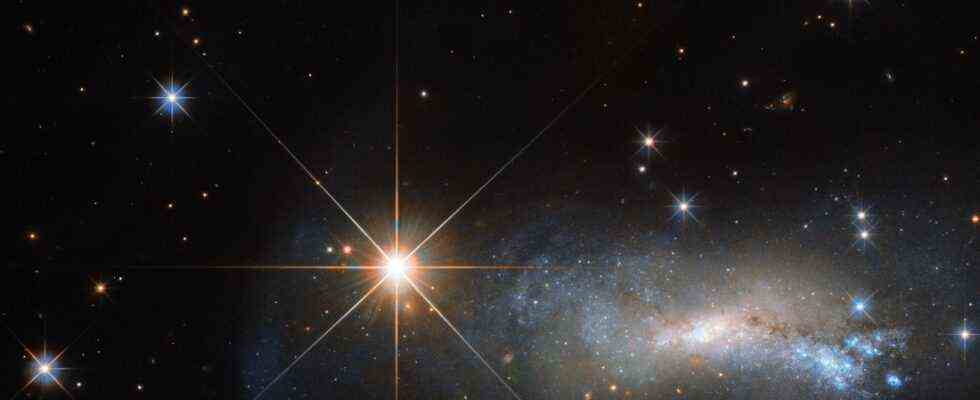It’s an old discussion that divides so many families, not only at Christmas: Do you need religion for spirituality? Many people who believe in God or gods and consider this belief to be an important part of their existence are convinced of it. There is a contradiction in this way of thinking: On the one hand, there is the disdainful earthly existence, in which everything from electricity from the socket to snow falling from the sky can be explained halfway. And on the other hand the more that exists in the form of belief beyond it, the higher power that eludes our human influence or understanding. In this view, only belief offers the bonus program of life that an atheist will always lack.
But you can also see it differently. And when is a better time to point it out than this Christmas? If everything goes well, this time, besides the birth of Christ, something else can be celebrated: the start of the James Webb Space Telescope (JWST) from the Kourou Spaceport in French Guiana, planned for December 25th at the time of this writing.
It is the largest, most expensive and most complex space telescope that has ever been built. Whether everything will really go as planned is in the stars or better: at Lagrange point L2, which the telescope is to orbit in the future, 1.5 million kilometers from Earth. Only on the way there is the device to be gradually deployed. If all of this succeeds as the technicians imagine, the JWST will be able to see deeper into space and thus further into the past than any telescope before.
A purely scientific worldview in no way prevents such feelings
When you think about the wonders to see there, it can be moving and uplifting. Even as someone who cannot or does not want to believe, one can worry about one’s place in the world, as a tiny person on an amazing planet in a vast, if not infinite universe; a life in a short moment that disappears in the mighty flow of time.
A purely scientific worldview in no way prevents such feelings, on the contrary. The more one experiences and understands, the greater the amazement, which is also the case with many researchers. And the greater the humility at times. Because that’s what it’s all about, be it in conversation with God or in the exploration of the universe: about the awareness of something that is so much bigger than us.

